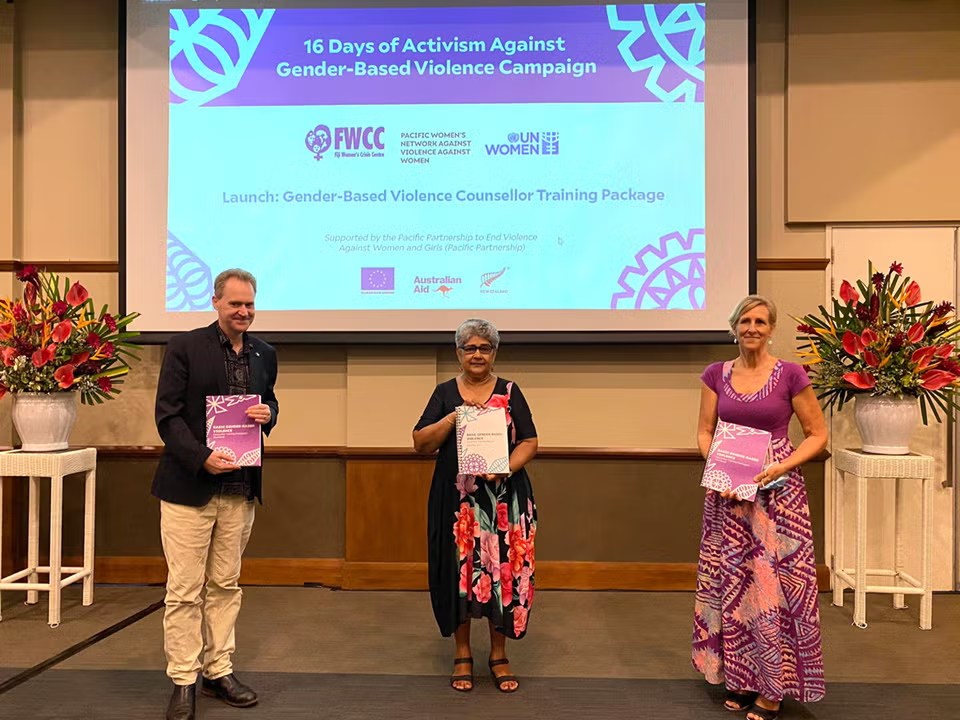FWCC Calls for End to Impunity in Violence Against Women and Girls
FIJI NEWS


The Fiji Women's Crisis Centre (FWCC) is calling for urgent action to address what it describes as persistent impunity surrounding violence against women and girls in Fiji, saying systemic weaknesses in policing continue to deny survivors justice.
FWCC Coordinator Shamima Ali said the organisation has observed more than 40 years of “invisibility and silence” around cases of sexual and gender-based violence, despite the high prevalence of abuse across the country.
“It is beyond dispute that our justice system — especially because of weaknesses in policing — is not working for survivors and victims of violence against women and girls,” Ali said.
As part of this year’s 16 Days of Activism Against Violence Against Women and Girls, FWCC is focusing on the theme “Violence Against Women and Girls: Ending Impunity.” The organisation says the ongoing failure to hold perpetrators accountable remains a major barrier to justice for women and girls in Fiji.
According to FWCC, survivors continue to face common challenges when seeking justice, including victim-blaming attitudes, re-traumatising legal processes, and powerful individuals or institutions shielding perpetrators. Social stigma, cultural norms, and a lack of accessible accountability mechanisms also contribute to low reporting and poor outcomes.
“When we fail to hold perpetrators accountable, impunity intensifies the powerlessness of the targets of violence but also sends a message to society that male violence against women is both acceptable and inevitable,” FWCC said.
Ali said that despite legal frameworks and national action plans, real change requires survivor-centred services, improved policing, cultural shifts, and political commitment supported by resources and transparent targets.
“One of the biggest challenges we have in this country is that we are not all on the same page,” she said. “We blame everything else for the violence that women face… We still hear this and ignore the perpetrator and the root cause, which is patriarchy.”
FWCC also raised concerns about cases involving police officers accused of perpetrating violence. Ali said such incidents undermine public trust and discourage survivors from coming forward.
“We still have survivors telling us stories of police failing to record complaints, urging reconciliation with the perpetrator, or minimising the violence,” she said. Ali cited a 2025 case where a woman alleged she was handcuffed and beaten by her police officer husband, who remains employed and has not been charged.
She added that women face “double jeopardy” when their abuser is an officer, noting that some survivors are pressured not to proceed out of fear their partner may lose his job.
Ali warned that a continuing emphasis on reconciliation leaves victims feeling unsupported and disillusioned.
“Women give up when the system shows them that their pain and story do not matter. That is the very definition of impunity — and it must end,” she said.
FWCC is urging law enforcement, government agencies, community groups, and faith leaders to take decisive steps to uphold accountability and strengthen survivor-centred responses.
“We also urge political leaders not to erase women and girls’ pain, suffering, or their experiences of violence,” the organisation said.